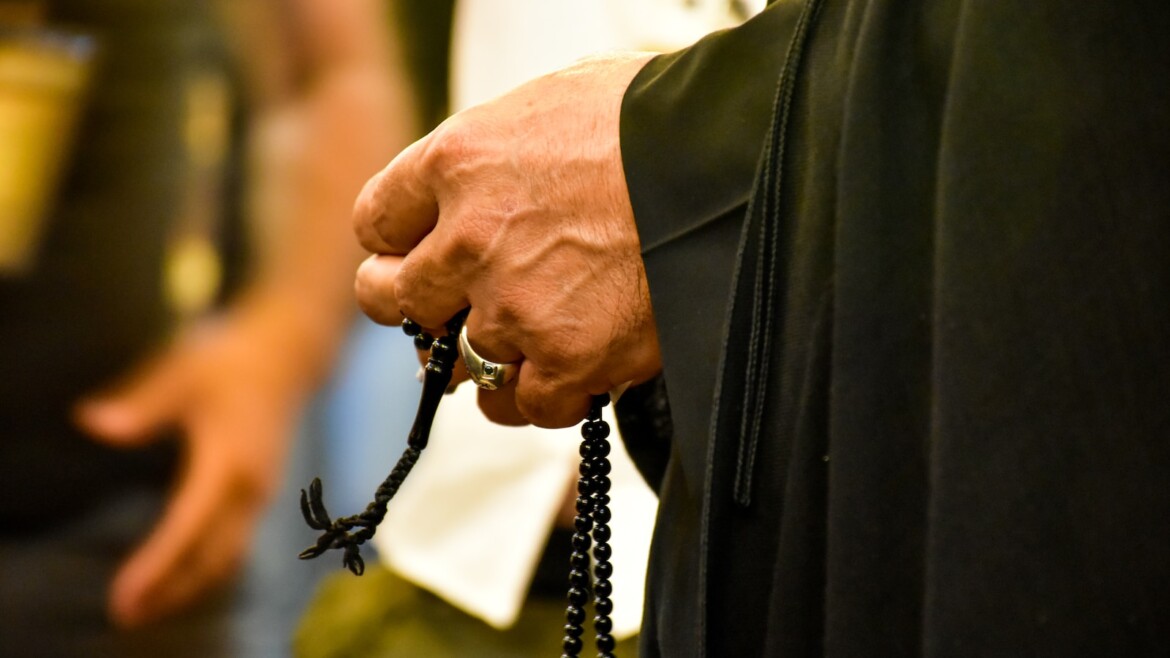On the 9th of Muharram during the events of the Battle of Karbala in 680 CE, Umar ibn Sa’d, the commander of Yazid ibn Muawiya’s army, officially announced the commencement of the battle. This announcement marked the beginning of the confrontation between Imam Hussain (AS) and his companions and the forces of Yazid.
Before the battle began, Imam Hussain (AS) sought to avoid bloodshed and urged for a delay in the conflict. He made one final attempt to reason with his opponents and offered them a chance to reconsider their actions. The Imam addressed Umar ibn Sa’d and the enemy army, emphasizing his grievances and the illegitimate rule of Yazid.
Imam Hussain (AS) reminded them of their allegiance to his father, Imam Ali (AS), and the sanctity of the Prophet Muhammad’s (PBUH) family. He implored them to reflect on their actions and the unjust treatment they were about to inflict upon the Prophet’s household.
However, despite the Imam’s sincere plea and call for reason, the forces of Yazid remained resolute in their loyalty to the oppressive ruler. Umar ibn Sa’d refused to grant a delay and insisted on proceeding with the battle as ordered by Yazid.
As a result, the Battle of Karbala ensued on the 10th of Muharram (Ashura), during which Imam Hussain (AS) and his small group of companions faced insurmountable odds against the much larger and better-equipped enemy army. The tragic events of Ashura culminated in the martyrdom of Imam Hussain (AS) and his companions.
The martyrdom of Imam Hussain (AS) in Karbala remains a deeply significant event in Islamic history, representing the struggle against oppression, injustice, and the ultimate sacrifice for upholding principles of truth and righteousness. Muslims, particularly Shia Muslims, commemorate the tragedy of Karbala during the month of Muharram, reflecting on the lessons it imparts and the enduring legacy of Imam Hussain (AS) as a symbol of resistance against tyranny.

